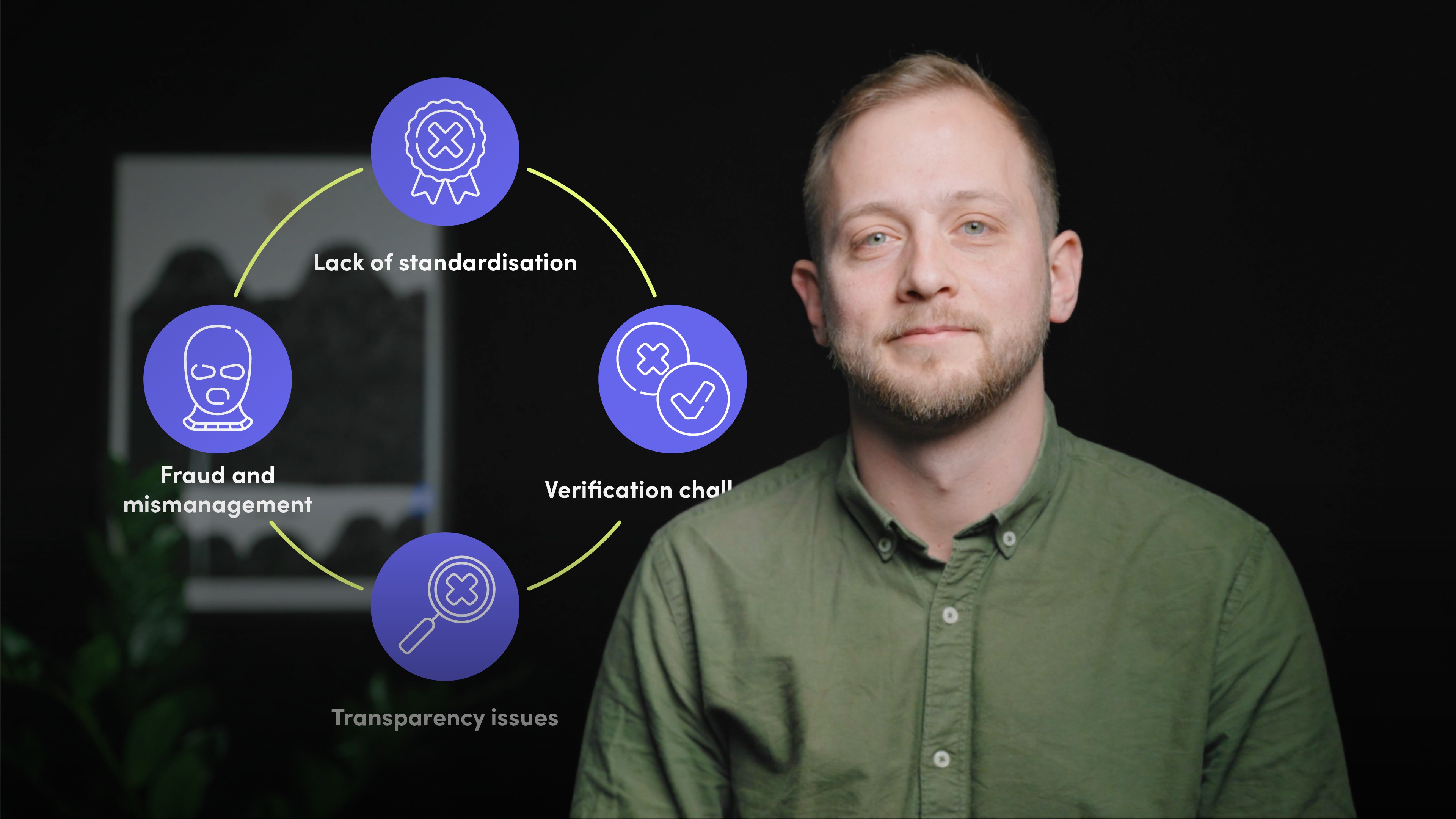
Voluntary Carbon Market
Voluntary carbon markets (VCM) are carbon markets where businesses, private entities and organizations can trade carbon credits to offset their unavoidable carbon emissions as well as sell emissions that are unused, thus working towards a net-zero target. VCM can help these entities achieve net-zero by: (1) compensating for their emissions with carbon offsets while they pursue emission reduction strategies, which means carbon emissions are avoided or reduced by projects elsewhere (2) neutralising any remaining emissions through carbon removal, which means an equivalent amount of carbon is taken out of the atmosphere by technology or nature. The participants of these markets take responsibility for their own emissions and voluntarily choose to offset those emissions without a legal mandate.






























